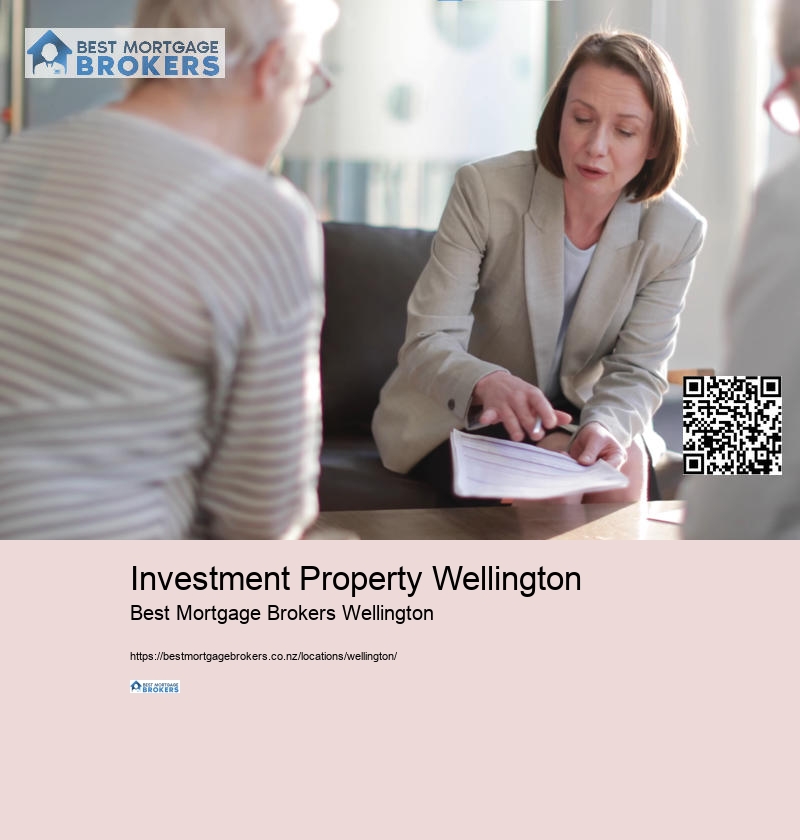Investment Property Wellington
mortgage broker
Mortgage brokers are also updated on market trends, regulations and other important information, which is valuable to borrowers at every stage of the loan process. They provide guidance and expertise to help clients navigate through the complex mortgage industry. This makes the process of becoming a homeowner easier and more efficient.
Understanding your financial situation is crucial to making an informed decision when it comes time to buy a home. A clearer picture is revealed by examining income sources, debts and credit history.
The financial assessment helps individuals to set realistic expectations, and avoid overstretching themselves financially. Mortgage advisors will be able to detect red flags in advance and provide appropriate advice to improve the financial health of a client if required.
In essence, the comprehensive financial evaluation serves as a map, which guides both the broker and borrower in choosing the best mortgage option. This allows individuals to make informed decisions that are in line with their financial situation and future goals.




